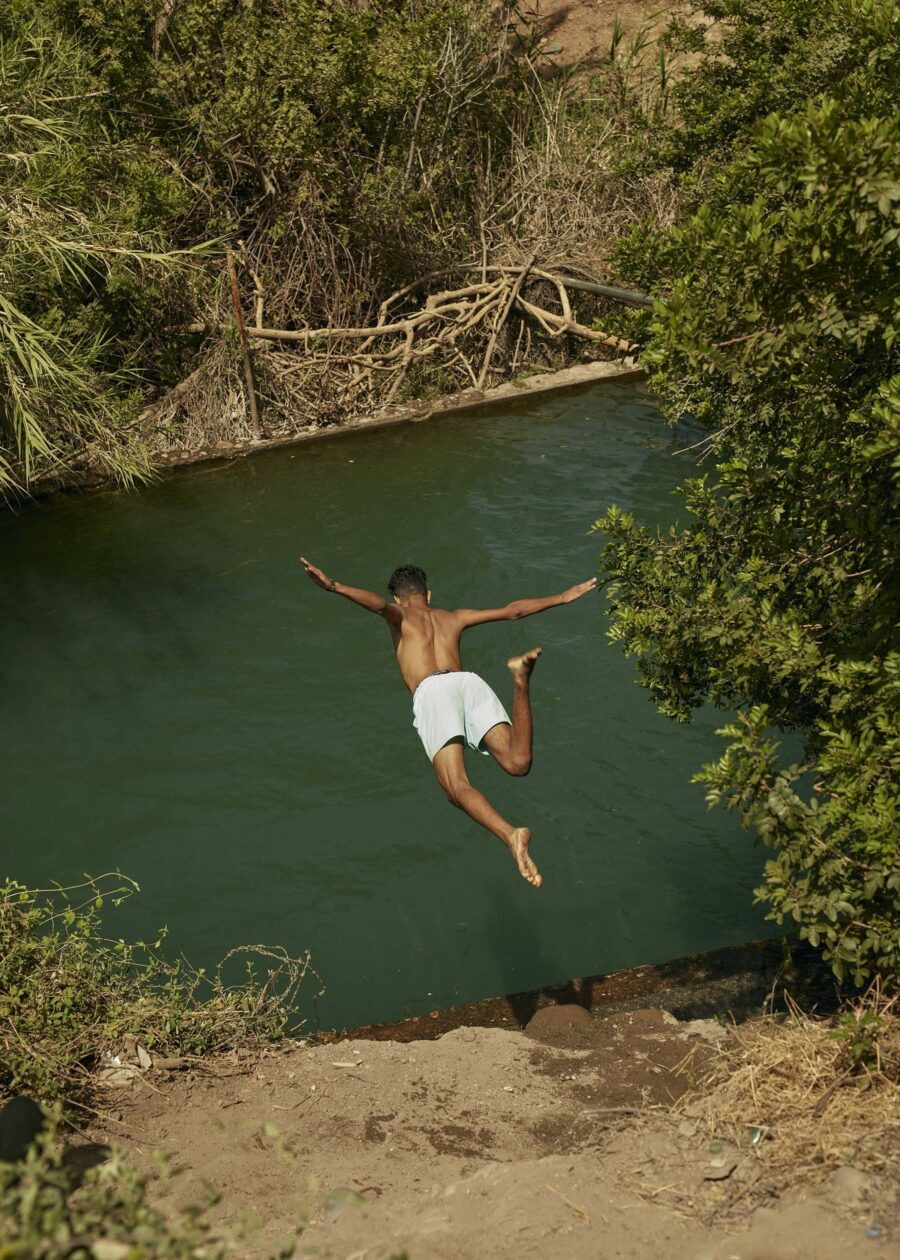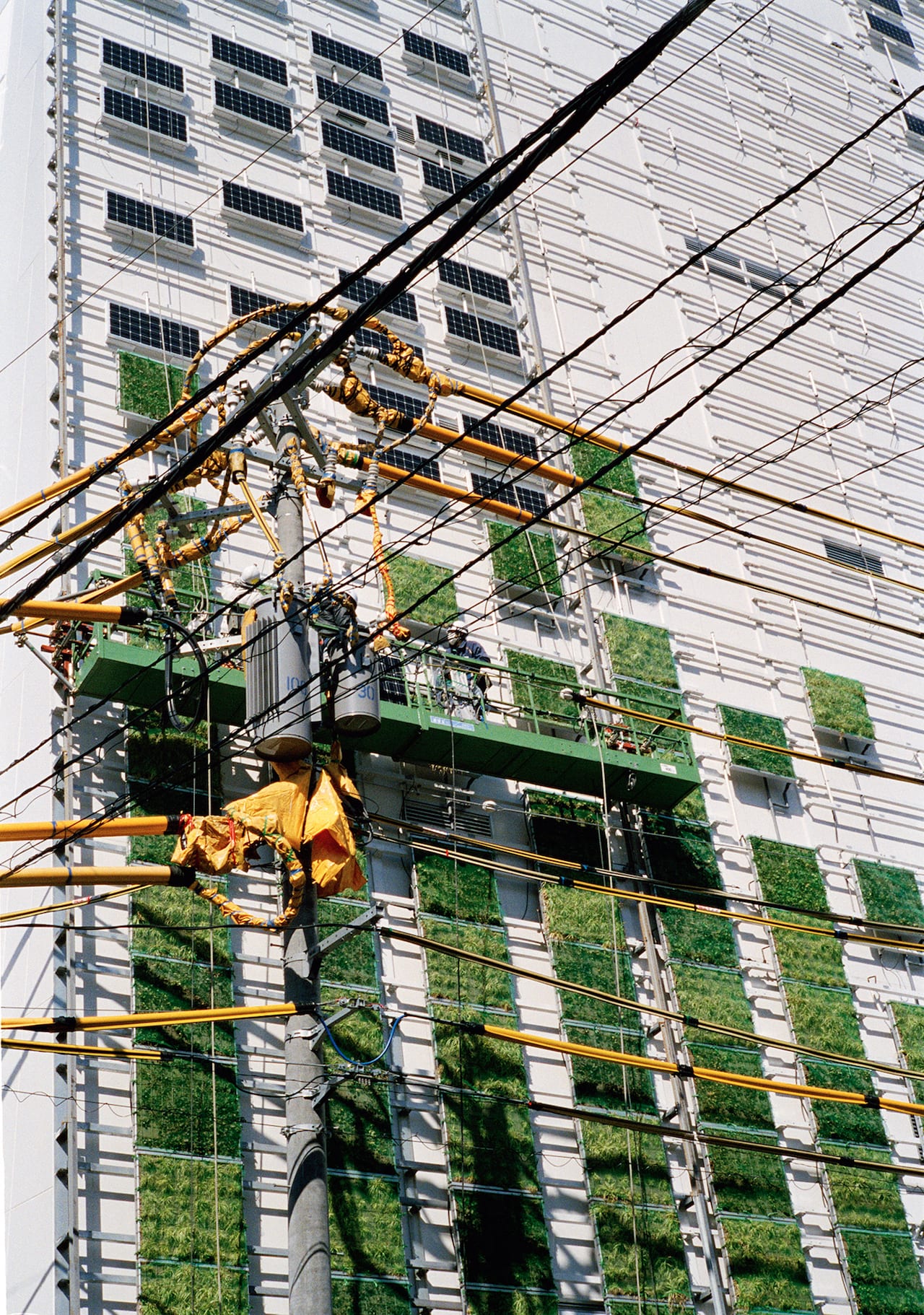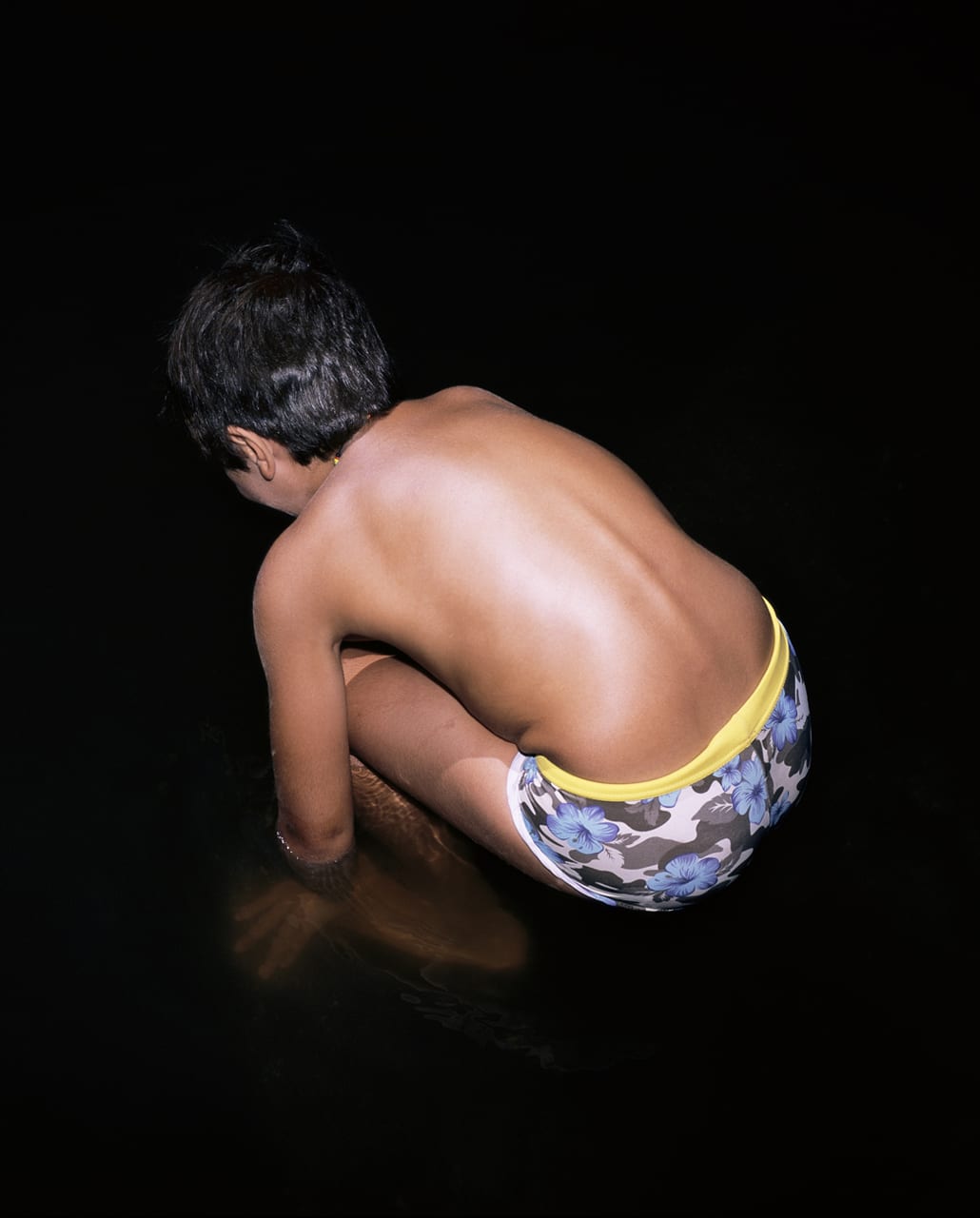Contributing artists Mounir Raji, Tina Farifteh and Rosângela Rennó discuss their projects with BJP as responses to questions around home, migration & diaspora, and colonialism.


Contributing artists Mounir Raji, Tina Farifteh and Rosângela Rennó discuss their projects with BJP as responses to questions around home, migration & diaspora, and colonialism.

Travelling through nine countries, Wilton exposes scars on the environment, and the consequences for those who live near mines and coal plants

“I consider myself a son of the European project,” says Tommaso Rada. “I am part of a generation that lived through the opening of the borders between many different countries, the introduction of the euro, and all the new cultural and linguistic mixing that the European project meant. The feeling of being Italian as well as European is the reason why I am interested in the European Union.”
Rada is now based in São Paulo, but was born in Biella in northern Italy and lived in his home country until he was 25. He watched as the policies of the EU evolved, and as the meaning of the Union began to change. His ongoing series Domestic Borders frames a number of different projects he has made, evoking the varying perspectives of those living along the borders of the member countries.
Back to South, the most recent chapter, focuses particularly on the countries that would be affected if a ‘two-speed’ Europe was implemented – a proposal in which certain members, perhaps those in better economic positions and political situations, would integrate at a faster pace, leaving the others on the periphery. Visiting the areas that would be ‘left behind’, Rada hopes to show the “challenges of living in a unique space with a different passage of time”.

“I felt like I was always playing the same cards. With this project, I wanted to collect the cards and reshuffle them,” says José Pedro Cortes, whose latest book, A Necessary Realism, proposes new ways of seeing old images, gathered from almost 15 years of work and presented in his favourite medium, the photobook.
“The book is always an important moment for me,” says the Portuguese photographer, who is co-founder of the publishing Pierre von Kleist. “They are a mirror into the time I am living in, where I looked for a while in the same area.
“I wanted to fill in the gaps,” he adds. “By trying to break from this idea that images have a connection to a specific geography, and also a specific time, I wanted to take a different look at my archive, as if it were something new.”

Since childhood, the Portuguese landscape of Beira Interior has held a personal resonance for photographer Tito Mouraz. “I have a relationship and a past with this region,” he says. Encouraged by “a fusion of happy memories”, Mouraz began a new body of work named Fluvial, which focuses on the landscape and the people that come and go there. For Fluvial, he returned to the familiar territory for six consecutive summers between 2011 and 2017. Described by Humberto Brito as an “ode to leisure”, the images blend fiction and reality, capturing meditative junctures by the water. “These are informal moments in the Portuguese society, predominantly migrants returning home from northern Europe for the summer holidays to join their families,” explains Mouraz.